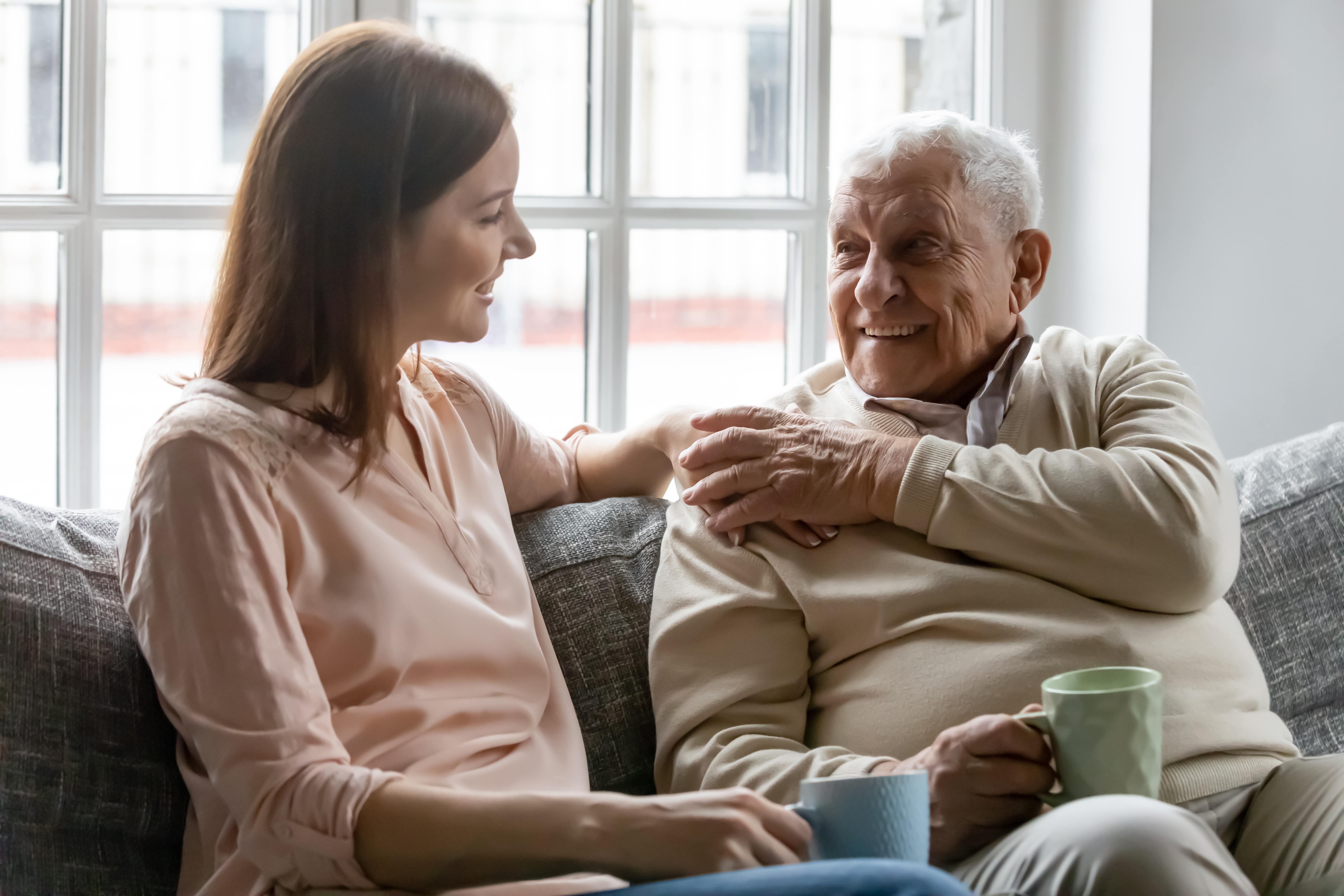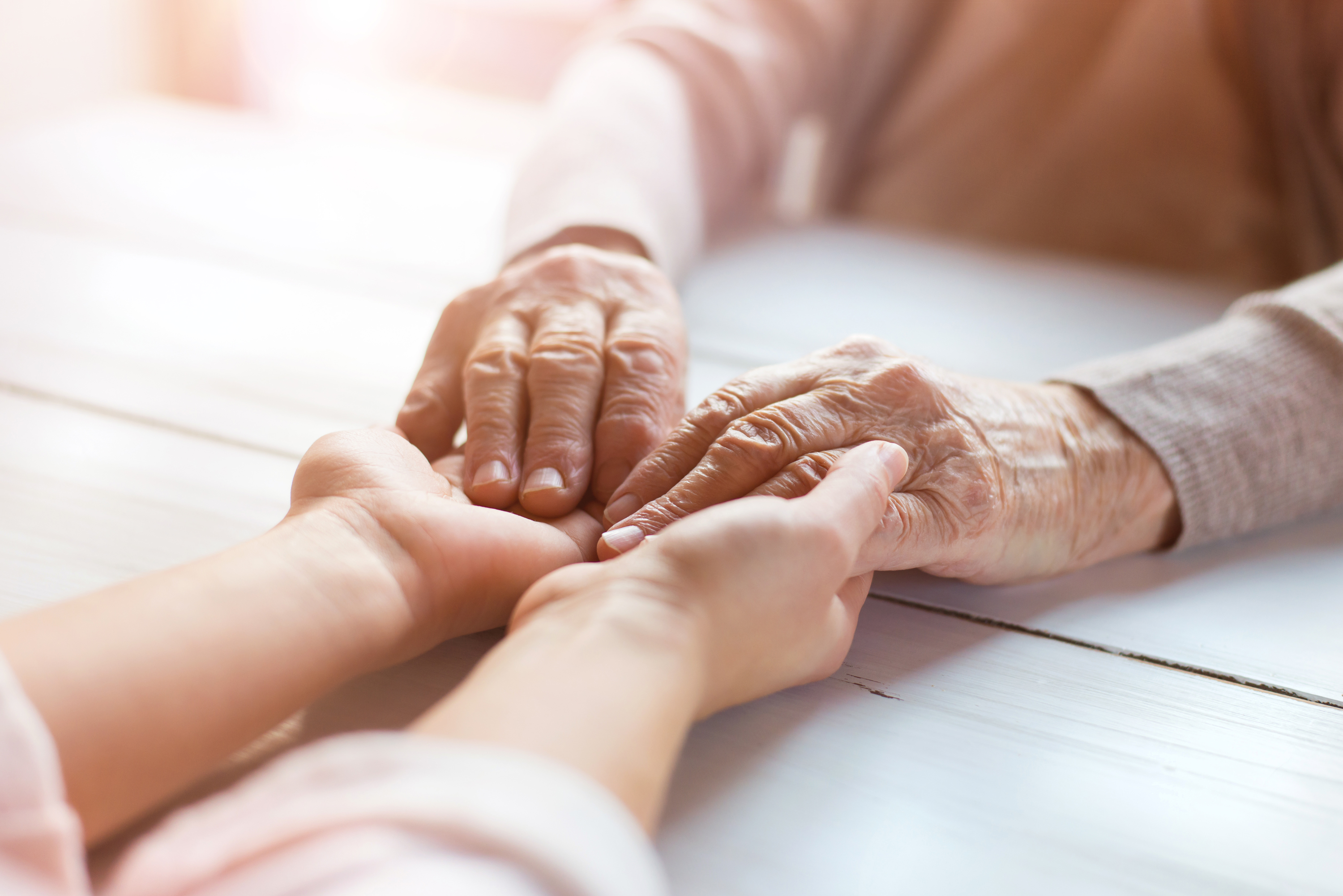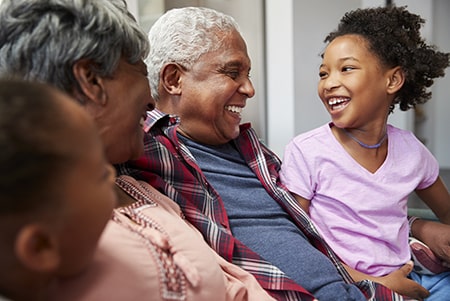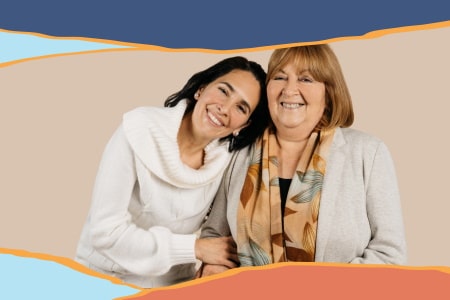Home & Community Based Services
Resources

Caregiving for Older Male Loved Ones
Every caregiving journey is unique, and there are so many factors that can change the experience. Your loved one’s family history, age, diet and ethnicity are all things that can affect his or her wellness, while their temperament, ability to communicate, values and beliefs can all impact the smoothness of providing care. Biological sex can also play a role. Those who care for the important men in their lives—fathers, spouses, partners, brothers, uncles, grandfathers, and many more—may experience different challenges than those caring for women.
Read More
Helping Older Loved Ones Face Changes in Mental Health
For older adults, mental illness is a conversation made difficult by stereotypes. Assumptions like “Old people are just stubborn” or “He’s become mean as he’s aged” cause many to dismiss mental illness in older adults. For caregivers, messages like these can make it difficult to differentiate mental illness from what are considered “normal parts of aging.”
Read More
Preparing for Your Future After an Early Onset Dementia Diagnosis
A diagnosis of dementia can be devastating no matter your age. However, older adults, especially those over the age of 65, tend to be more aware of the possibility of dementia, and know that their risk statistically increases each year. But for younger adults, being diagnosed with dementia between the ages of 30 and 60 is not only upsetting—it can be outright shocking.
Read More
What to Know About Dementia Screening and Assessment Tools
If you’re a family member, friend or caregiver who suspects a loved one might have dementia, it’s important to know about cognitive screening and assessment tools. Since there is no one biological marker or blood test to pinpoint dementia, cognitive tests help doctors evaluate the state of your loved one’s memory, recall, language recognition and ability to follow instructions. If you plan to bring your loved one to a doctor, a combination of tests may be used to screen your loved one for dementia. And, if you are hesitant to consult a doctor just yet, many of these tests include questions that you can try asking your loved one yourself to help you confirm your suspicions.
Read More
Caring for Loved Ones with Intellectual and Developmental Disabilities and Dementia
Caring for a loved one with intellectual and development disabilities (IDD) already presents a unique set of challenges from those faced by most caregivers. When a loved one with IDD presents with changes in behavior, memory and sometimes mobility, those challenges are then joined with the challenges of being a dementia caregiver—and can often feel confusing, overwhelming and at times even too much to handle.
Read More

